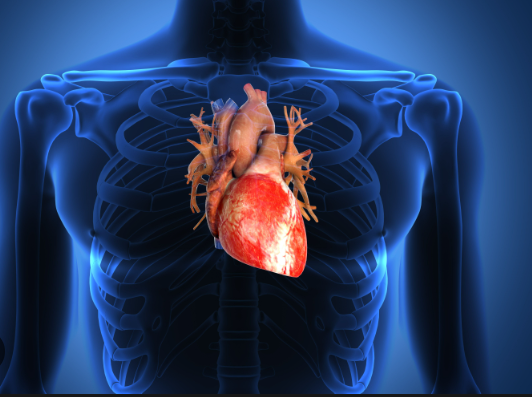Even if they don’t exhibit any symptoms of their infection, people with HIV Patients may be more susceptible to heart problems, according to a recent study.
Middle-aged HIV-positive individuals were more likely to have early heart disease symptoms, such as larger blood vessels that put stress on the heart.
“Previous research has demonstrated cardiovascular disease in HIV-positive individuals, but not at this early stage,” senior researcher Dr. Ahmed Gharib, who is also the director of the National Institute of Diabetes and Digestive and Kidney Diseases’ Biomedical and Metabolic Imaging Branch in Bethesda, Maryland, stated.
Also read-A Little Study Indicates Ozempic Family Could Delay Parkinson’s

HIV Patients
The study emphasizes how health issues unrelated to AIDS are becoming more prevalent as successful medication regimens lengthen the life expectancy of HIV-positive individuals.
According to estimates from the World Health Organization, 39 million people worldwide are HIV positive. There has been a 51% decrease in HIV-related mortality since 2010.

HIV Patients
However, compared to the general population, those living with HIV have a four-fold increased risk of sudden cardiac mortality, according to previous studies, the researchers said in background information.
Researchers enlisted 74 people with HIV who did not have a history of heart disease in order to better understand this risk of heart disease. These individuals were contrasted with 25 healthy individuals who were free of cardiac disease and HIV.

HIV Patients
Everybody had an echocardiogram to evaluate heart function and an MRI to gauge the thickness of their heart blood vessels.
The HIV patients’ cardiac blood vessels were found to be thicker than those of the control group.
The Cleveland Clinic states that cardiac failure may result from this stiffness of the heart.
The researchers found that didanosine, one of the medications included in HIV treatment combinations, was connected to heart artery thickness.
The latest research was released in the journal Radiology: Cardiothoracic Imaging on April 4.

HIV Patients
Lead researcher Khaled Abd-Elmoniem, a staff scientist at NIDDK’s Biomedical and Metabolic Imaging Branch, stated in a journal news release that “the ability to detect early coronary artery disease in persons living with HIV and potentially prevent detrimental effects on the heart muscle is important.” “This study demonstrates the impact of HIV on the development of mild subclinical CHD and its consequences on cardiac health.”
Finding people who exhibit these early heart disease symptoms could help physicians be able to take action and safeguard their cardiac health, according to the experts.

HIV Patients
Also read- Manufacturer Relyvrio, A Contentious ALS Drug, Is Taking It Off The Market
images source: Google
Disclaimer: The opinions and suggestions expressed in this article are solely those of the individual analysts. These are not the opinions of HNN. For more, please consult with your doctor




































